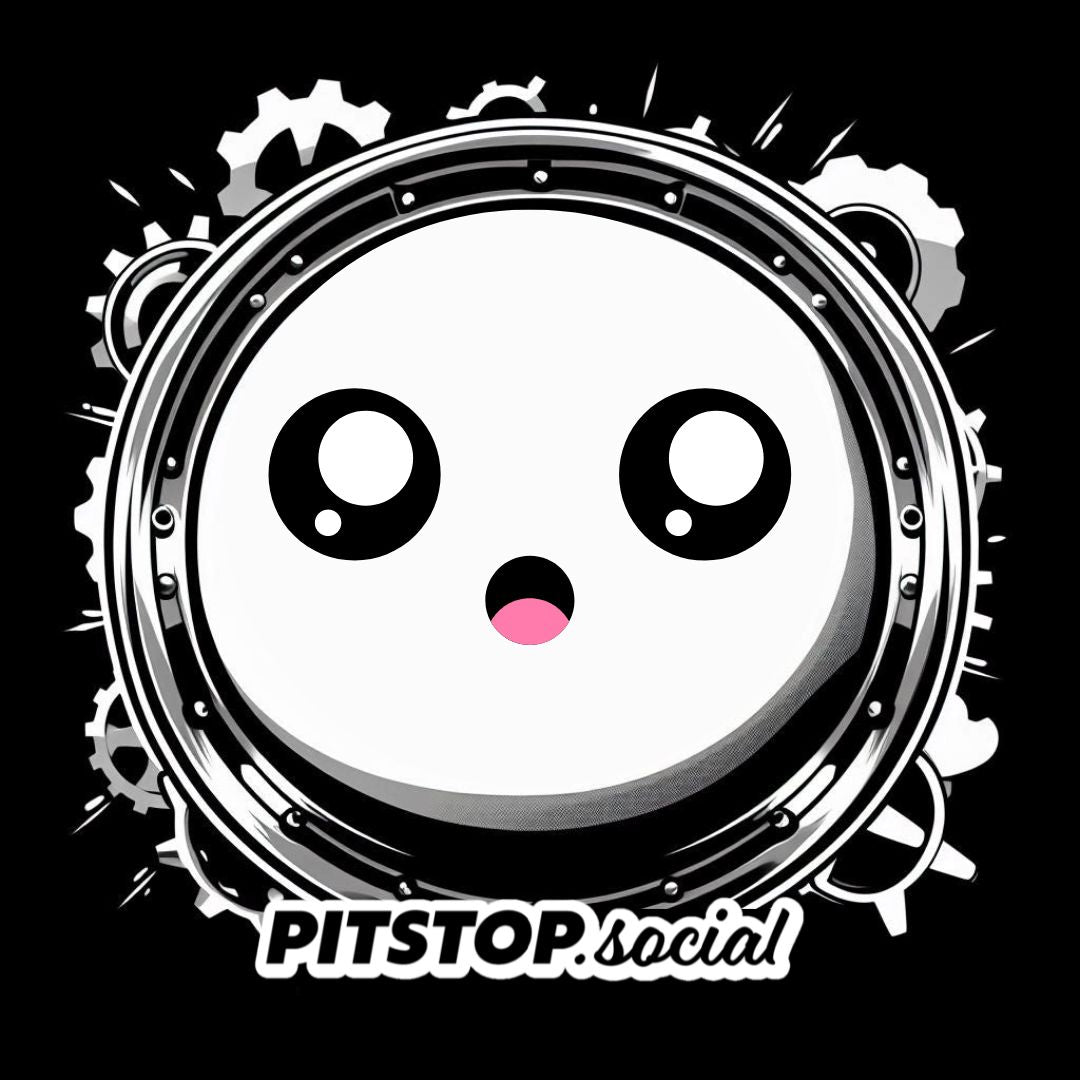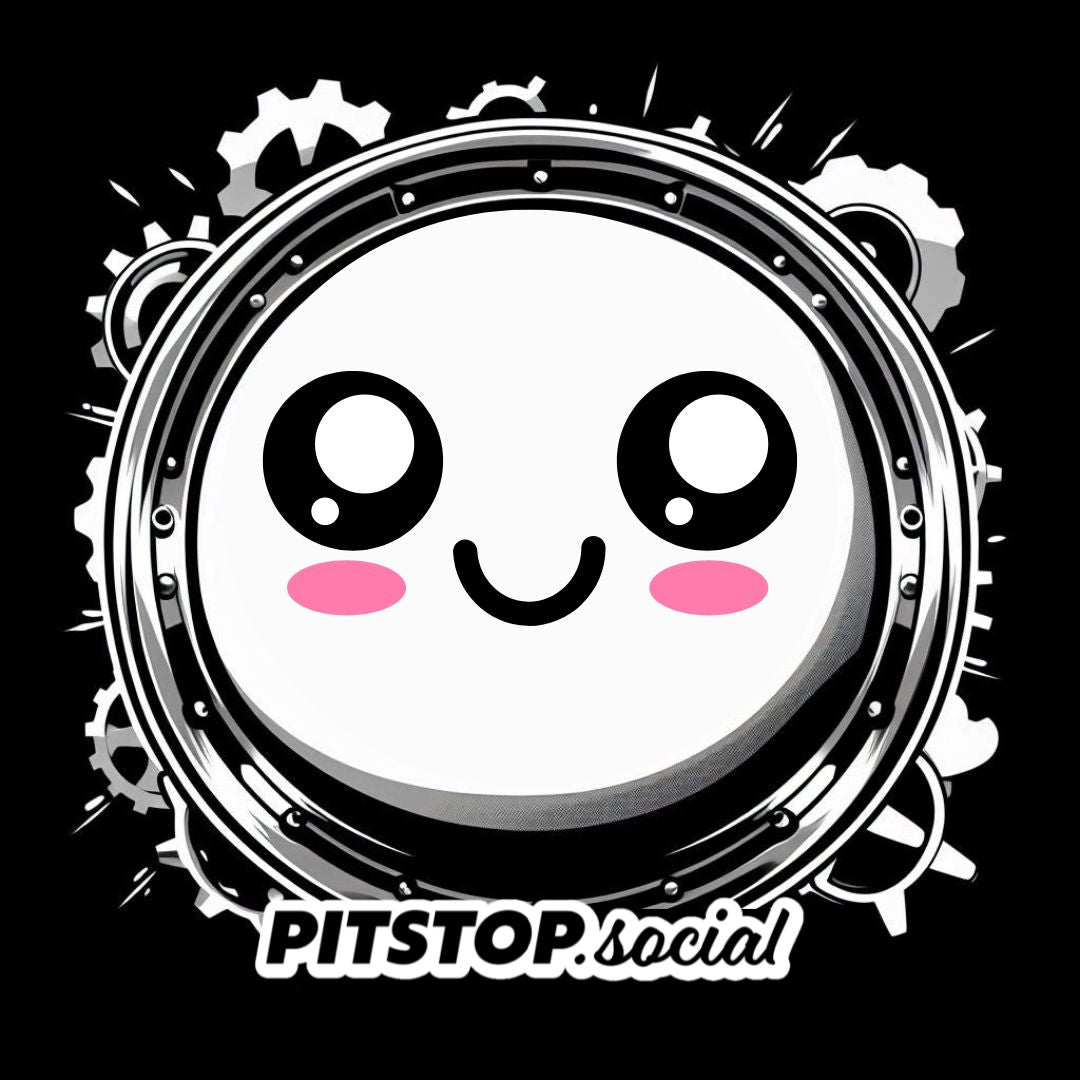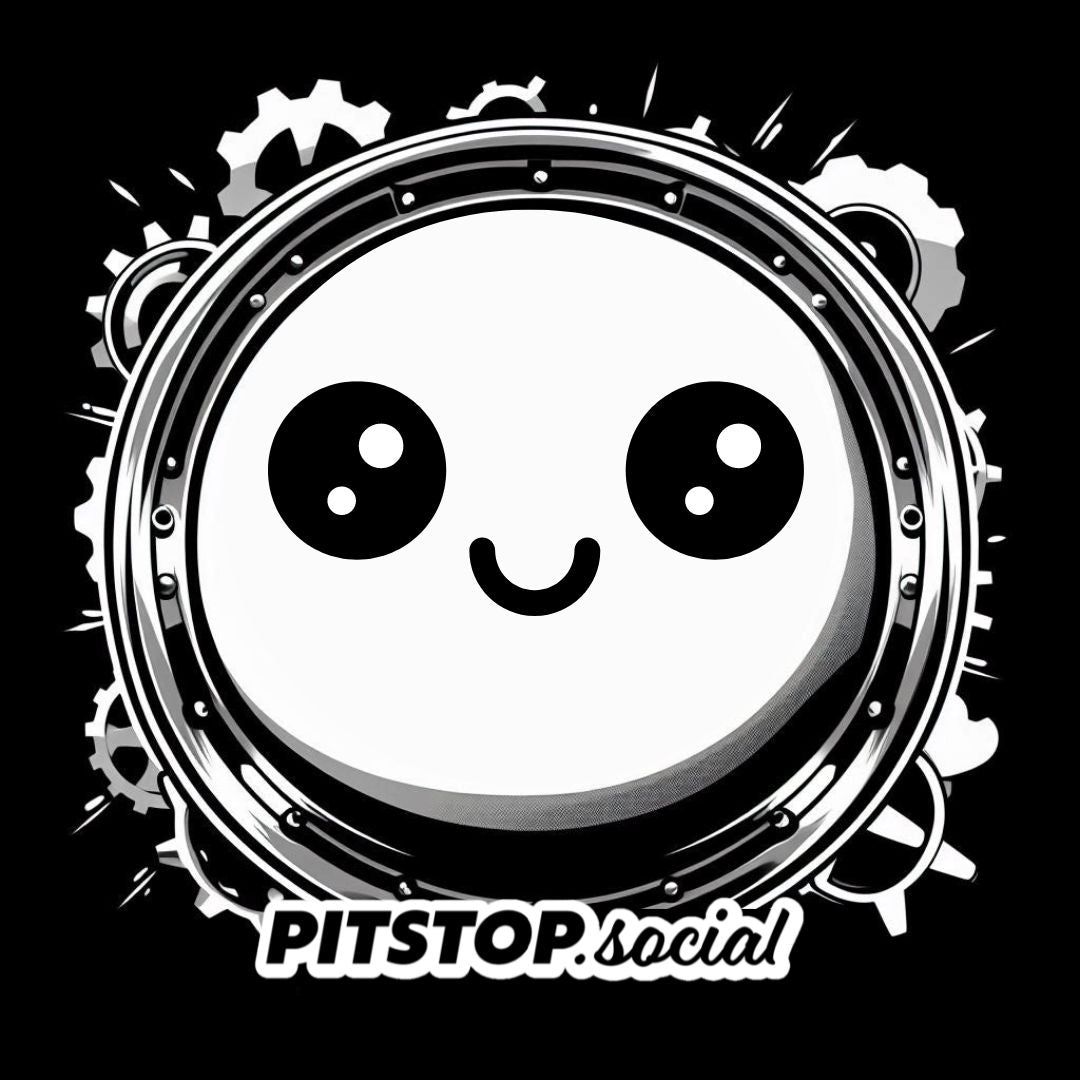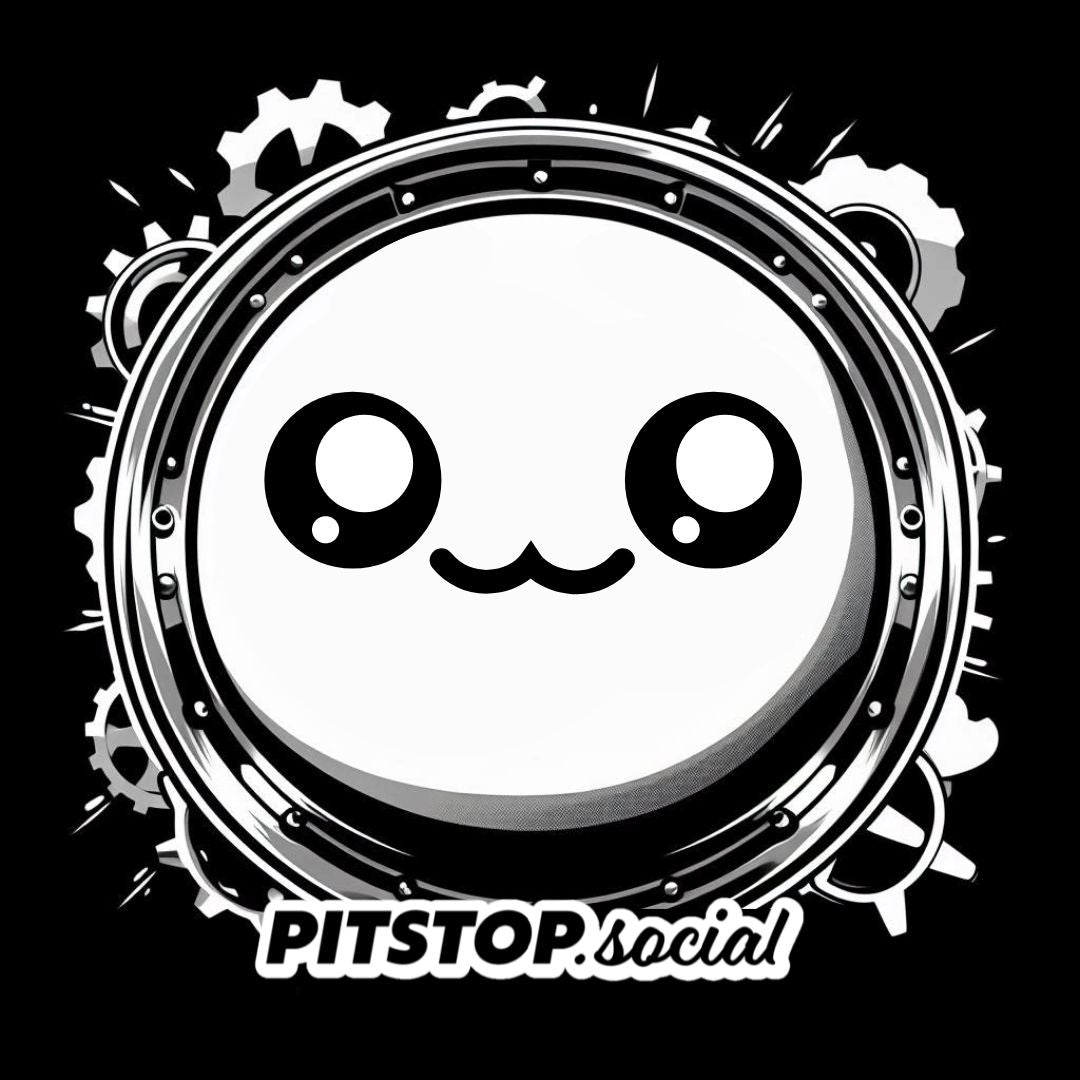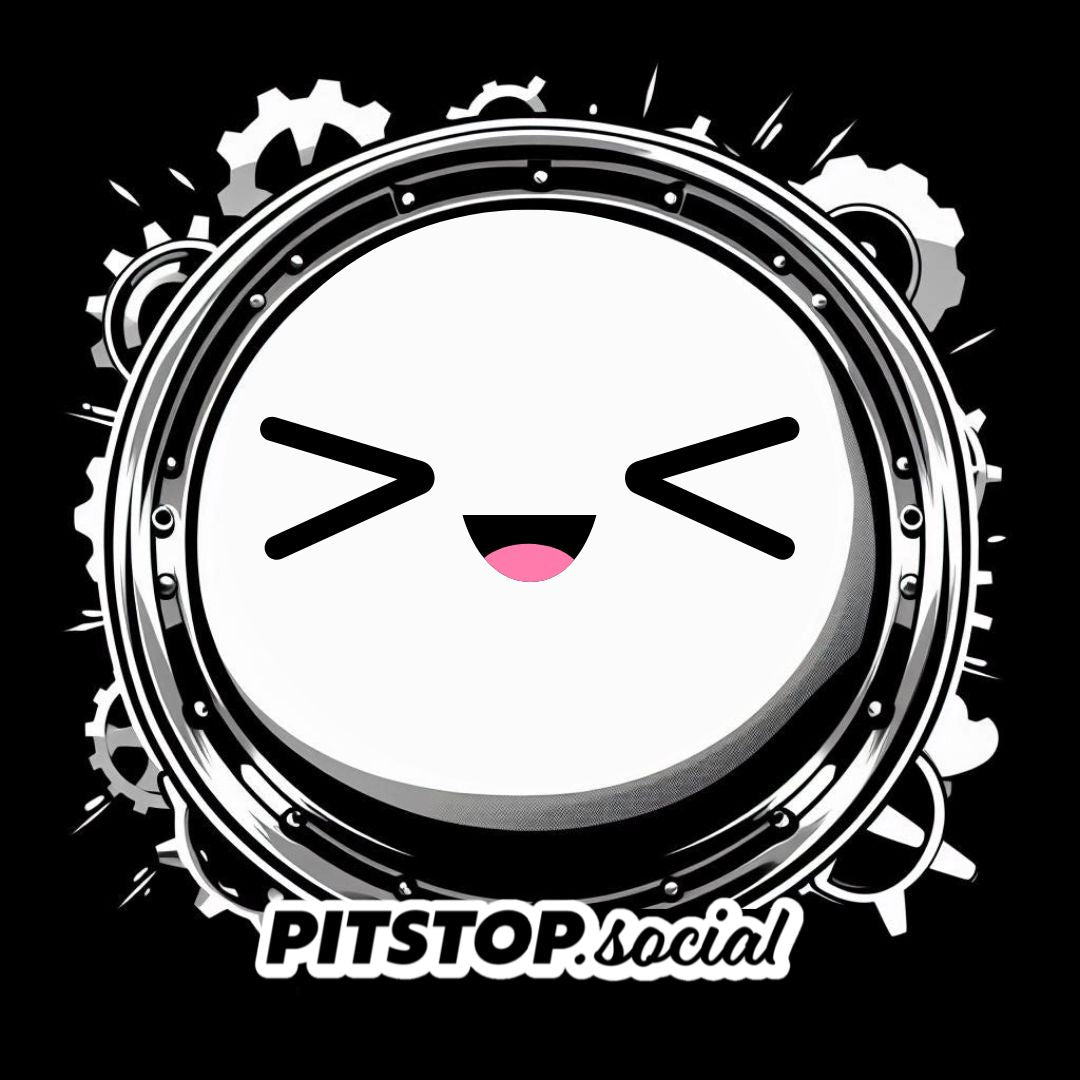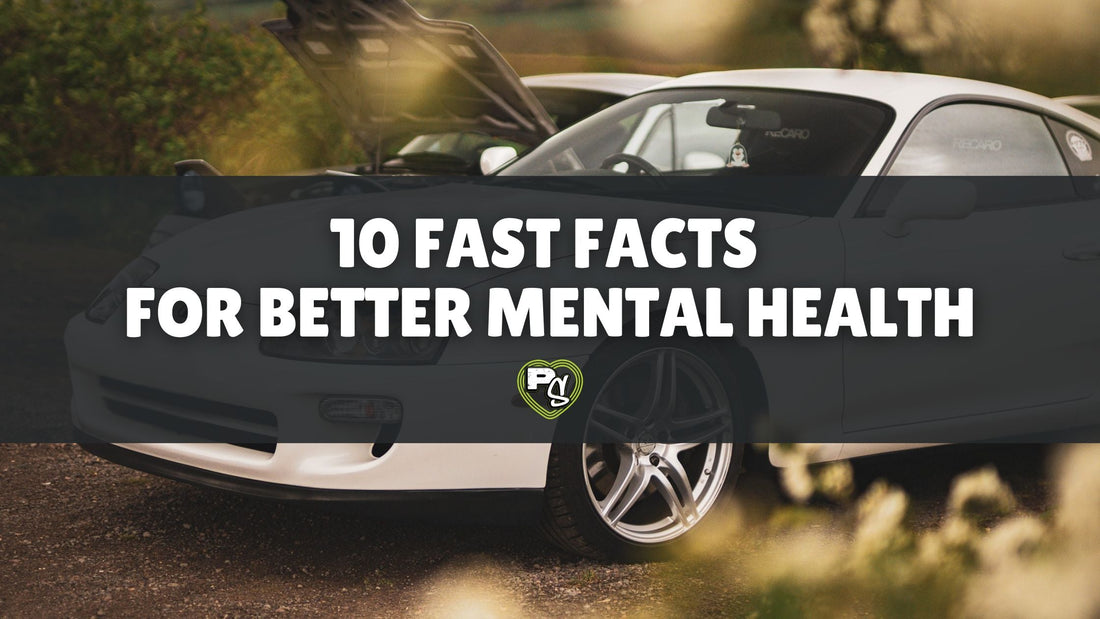
Share
Tune Up Your Mental Health: 10 Must-Know Facts
JDMClareIntroduction
Mental health isn’t a side topic anymore - it’s front and centre. It’s in the way we show up for ourselves and others, in how we manage life’s corners and straight runs. Whether you’re flying through the gears or stuck in neutral, your mental health plays a huge role in how you handle the journey. And while awareness has grown over the years, we’re still navigating potholes like stigma, isolation, and a lack of understanding. So let’s lift the bonnet, take a closer look, and get real about what mental health actually means, and why it matters.
This piece breaks down 10 core truths that everyone should know, drawing from research, real-life stories, and what we’ve learned from talking to folks across the PITSTOP.Social community. Whether you’re new to this or deep in your own journey, there’s something here for you. And if you stick with us to the end, you might just feel a little more seen, a little more equipped, and a little less alone.

1. Mental Health Is a Shared Human Experience
Let’s start with the big one: One in four people will experience a mental health condition in their lifetime (World Health Organization, 2022).That means in a space of 20 of us at a car meet, about five people are quietly going through something - maybe even more. Anxiety, Depression, burnout, PTSD, ADHD, Autism, Bipolar, BPD - the list is long and real.
These conditions don’t care about age, gender, race, or job title. They affect your neighbour, your best mate, your co-driver.
The more we understand this, the more we dismantle shame. Vulnerability stops being a weakness and becomes a bridge. A nod across the forecourt. A quiet "me too." And in that, something powerful grows - community.
By realising how common this is, we chip away at the stigma. We make it OK to say, "I'm not OK." And in doing that, we create space where honesty and healing can thrive. Because honestly, what’s more human than struggle?

2. The Mind and Body Are Inextricably Linked
I say this often; You wouldn’t run your car on an empty tank and expect peak performance, right? Same goes for us. Mental and physical health go hand-in-hand. Struggles with anxiety or trauma can show up as gut issues, heart problems, fatigue, and chronic pain. Likewise, dealing with long-term illness or injury can wear down your mental resilience.
Think about it like a car with misaligned wheels. You might still be able to drive it, but you're going to wear out the tyres quicker, burn more fuel, and deal with a rougher ride. If you only focus on the symptom (the tyre wear), you miss the cause (the misalignment). Same with us - when we ignore our mental health, we miss the deeper story.
The future of care is all about treating the whole human, not just the symptoms. More and more, people are realising that you can’t separate the engine from the rest of the car. When one part suffers, the whole thing needs attention (NHS England, 2023).

3. Neuroplasticity Offers Hope and Healing
Here's the science bit that's worth knowing: the brain can change. It's not stuck. It's not broken. Thanks to neuroplasticity, the brain has the ability to rewire itself, forming new pathways based on experience, learning, and support. That means recovery isn't just possible - it's built into our system.
That means the stuff you believe about yourself right now, like, "I’m not good enough," "I’ll never change," "I’m too broken" - those thoughts aren’t permanent. They’re patterns. And patterns can shift.
Things like CBT (Cognitive Behavioural Therapy), EMDR, mindfulness, journaling, and even consistent chats with a trusted mate can reprogram our responses to trauma, stress, or anxiety (Harvard Medical School, 2023). It’s like tuning your car's ECU for better performance - the tools are there, you just need the right environment to use them.

4. Early Support Transforms Outcomes
Mental health challenges often show up young - sometimes before we even realise what we’re feeling. About 50% of mental health conditions appear by age 14, and 75% by 24. That makes early support vital (Mental Health Foundation, 2023).
Think of a young person like a project car. Catch issues early, and there’s time to rework, upgrade, and support them into something solid. Leave problems to develop, and whilst still very much achievable, the rebuild becomes harder, more expensive, and takes longer.
Schools, families, and communities all have a role to play. Even just having someone ask, "Are you OK?" in a way that actually invites honesty can make a huge difference. We’re big believers in giving people tools early on, before the engine overheats.

5. Stigma Remains a Structural and Cultural Barrier
Despite all the progress, stigma still looms. Too many people are afraid to talk about what they’re dealing with. And in car culture especially, where toughness and pride often dominate the atmosphere, opening up can feel like going against the grain.
But here’s the truth: Real strength isn’t pretending you're fine. It's being honest enough to say, "This is hard. But I'm here."
That’s exactly why PITSTOP.Social exists. We meet people where they’re at - in car parks, at meets, online, over a brew. We turn up in spaces where mental health isn't usually spoken about and create a different kind of conversation. One that’s honest, safe, and judgement-free.
Because when we challenge stigma, we don't just help individuals. We shift entire communities. We create positive change.

6. Sleep Plays a Foundational Role in Mental Stability
I wish more people understood sleep differently... Sleep isn’t just about rest - it’s repair. Your brain processes emotions, stores memories, and resets its stress systems during quality sleep. And when we don't get enough? Emotions feel heavier, thinking gets foggier, and everyday tasks become straight up hill-climbs (Sleep Foundation, 2023).
We talk a lot about hustle culture and being "on" 24/7, but here's a radical thought: What if sleep is the most productive thing you could do? Good sleep is like regular oil changes for your mind. It keeps everything running smoothly.
Improving sleep hygiene (consistent bedtimes, less screen time, a wind-down routine) can be a game changer, it sure has for me. Think of it like running a full system diagnostic overnight - your brain needs that downtime to keep functioning properly. (Check out the previous write up about the Role of Sleep and Mental Performance here!)
7. Movement and Mood Are Biochemically Connected
Exercise isn't just about gains or step counts. Movement - any kind - releases mood-lifting chemicals like dopamine and serotonin. These are the same neurotransmitters targeted by anti-depressants.
And here's the best part: it doesn't have to be structured. Walking your dog, cleaning the garage, skating, working on a build, a 2-bucket wash on the daily, even pacing in the kitchen while music blares - it all counts.
You don’t have to hit the gym hard to feel the benefits. The goal is movement that fits your life, not movement that feels like punishment. Every step is a step toward stability, and better mental health.

8. Male Mental Health Deserves Nuanced Attention
Men are often raised to "man up," to push through pain, to never cry. But that script? It’s killing us. In the UK, almost 75% of suicides are men (Office for National Statistics, 2023). And it's not because men don't struggle. It's because they often struggle alone.
We need spaces where men can talk without judgement - not therapy rooms if that's not their vibe, but BBQs, car meets, garages, Discord chats. We need to reframe vulnerability as strength, not shame.
It doesn’t have to be a deep heart-to-heart. It can start with a casual check-in. A shared laugh. A moment of connection under the bonnet. Then, slowly, the door opens wider.

9. Creativity Fosters Psychological Resilience
Ever worked on a car for hours, hands deep in grease, only to realise your mind feels clearer than it did all week? That’s the power of focus, flow, and creation. Creativity isn’t just painting or music - it’s any act of making something from nothing.
There’s something healing about seeing a finished project. Something you built, fixed, customised. It’s proof that change is possible. That mess can turn into meaning. That you’re still capable of creating beauty from breakdown.
Writing, welding, sketching, restoring something old, making music, even tweaking builds, adding new stickers, that 3D printed piece off the forum or fb group - these things help us express what's hard to say. Creative practice brings calm, confidence, and connection. It reminds us we can shape something beautiful, even from chaos (Arts Council England, 2023).

10. Support Is Closer Than You Think
One of the biggest lies mental illness tells us is that we’re alone. But we’re not. Support is closer than most people realise - sometimes it’s a helpline, sometimes it’s a mate who listens without fixing. Sometimes it's showing up to a car event and meeting someone who just gets it.
And sometimes, it's finding a space like this - where no one expects you to have it all figured out. Where showing up messy is still showing up.
Digital communities, group chats, forums, local events, therapy, even meme pages - connection exists in many forms. You don’t have to do this alone. Ever.

Conclusion
Mental health isn’t a detour - it’s part of the main road. It affects how we drive, how we relate, how we show up. And like any vehicle worth keeping, our minds need regular maintenance, fuel, and a good support crew.
At PITSTOP.Social, we don’t pretend to have all the answers. But we do believe in showing up. In listening. In making space for real conversations, whether that’s next to a bonfire at Yakushi Show, beside your pride and joy down the local, or behind a screen at 2am.
Whatever stage you’re at - burnout, breakthrough, or building back - just know this: you’re not alone, and you don’t need to be perfect to be part of the crew. Keep learning, keep connecting, and keep showing up.
And if you ever feel like you're breaking down, don’t ignore it. Pull over. Ask for help. We’re all just trying to make it home safe.
Need someone to talk to?
Text SHOUT to 85258 for free, 24/7 mental health support in the UK.
Join our PITSTOP.Social community group on Facebook
#DONOTOVERINFLATE





